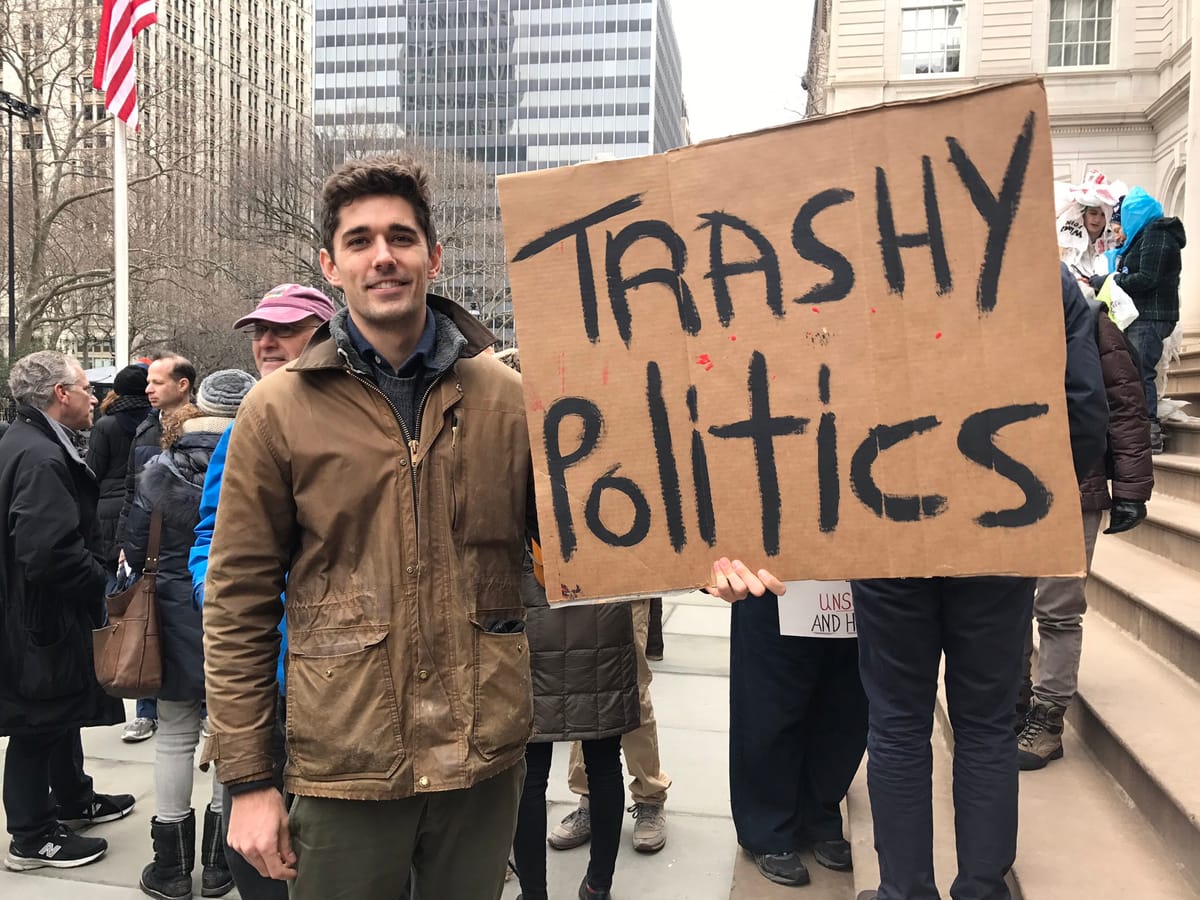New York State Lawmakers Vote To Delay The City’s Plastic Bag Bill


Yesterday, New York State lawmakers approved a measure to delay the City Council’s Plastic Bag Bill, which would slap a 5 cent fee on disposable grocery bags.
The Republican-led State Senate voted in favor of a moratorium on the Bag Bill 43-16, as part of an agreement between the Senate and Assembly, halting the bill at least until a new City Council begins their terms in 2018. The Assembly is expected to act on the measure this week.
The City Council’s “Bring Your Own Bag” bill, spearheaded by Council Member Brad Lander, has been the subject of fierce debate since it narrowly passed City Council last May. The bill was intended to cut the city’s reliance on environmentally hazardous single-use shopping bags, of which New Yorkers contribute roughly 10 billion bags to landfills every year, according to the Department of Sanitation.
In addition to environmental hazards, the disposable bags cost the City $12.5 million a year for the DOS to ship them to landfills and even more to clean them from public spaces, officials said.
Similar legislation has been adopted in cities around the country including San Francisco, Washington D.C., and most recently Chicago.
But the subject of who would incur the fee’s benefits and burdens seems to have divided much of the city along economic and geographic lines.
“We took concrete action to stop Mayor de Blasio and the New York City Council’s punitive bag tax,” said Senator Simcha Felder, a Democrat who votes Republican, and a leader of the bill’s opposition movement.
Strictly speaking, the 5-cent fee is not a tax. The money is kept by retailers and does not become revenue for the City. But after the fee was passed in City Council, Senator Felder told The New York Times that it was “nothing less than a tax on the poor and the middle class — the most disadvantaged people.”
However, New Yorkers purchasing groceries with food stamps or via the WIC program are actually exempt from the fee, as are soup kitchens. The charge does not apply to bags obtained from pharmacies, produce and liquor stores.
Since it’s initial introduction, the bill has been amended several times and supplemented with an extensive reusable bag giveaway and a report on how the law would affect low-income New Yorkers.
Advocates of the bill, which include environmental advocates and New York City Democrats, continue to fight for the stalled legislation.
“Nullifying our law would be a substantial environmental setback for New York, forcing the City to continue to send 91,000 tons of petroleum-based, plastic solid waste to landfills every year and costing the city millions of dollars every year,” wrote Council Member Brad Lander.
On the steps of City Hall advocating to let the #BYOBAG bill stand. pic.twitter.com/y11hQM4EoQ
— Robert Carroll (@Bobby4Brooklyn) February 5, 2017
“This is a fee that, if you don’t want to pay it, it’s really easy to get around,” said Assembly Member Robert Carroll on the steps of City Hall yesterday. “Just bring a canvas bag with you.”



